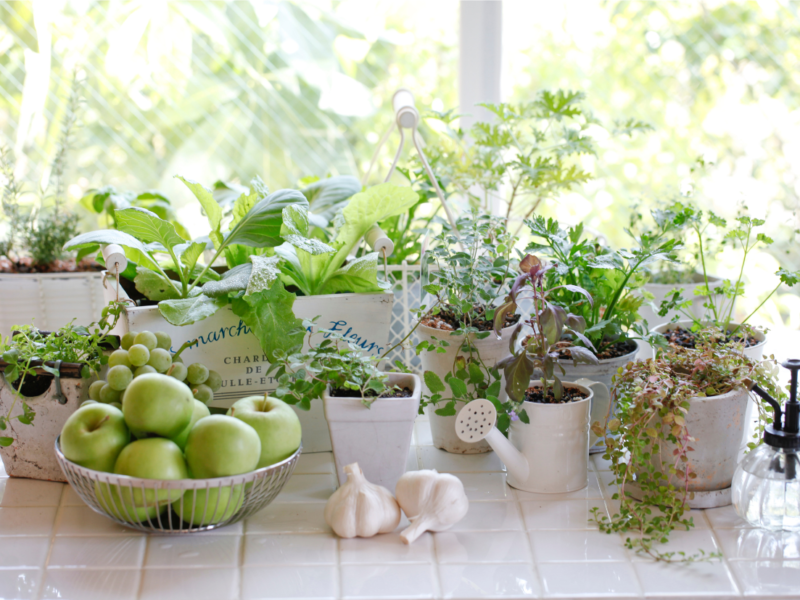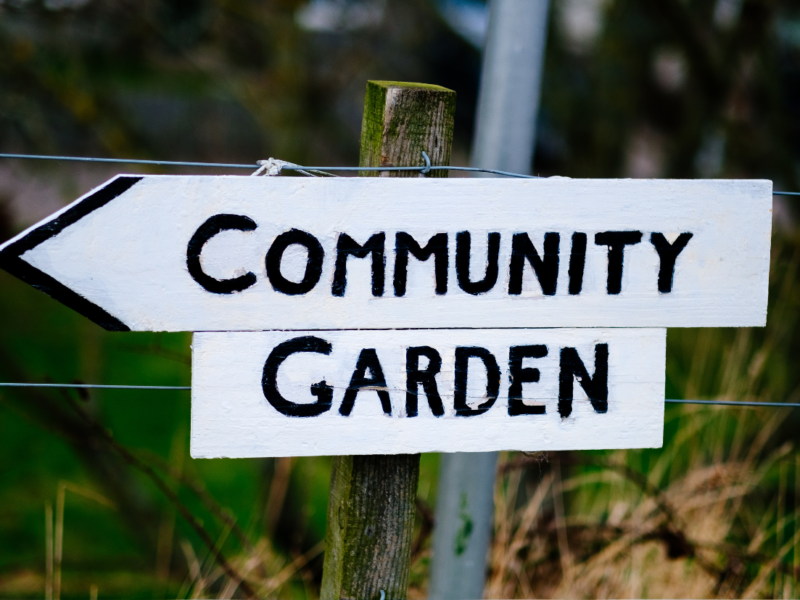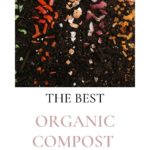Compost is the best way to add nutrients and organic matter to your soil. However, it’s easy to make and can be used in all types of gardens, from vegetable and fruit to flower beds. Composting at home is a great way for gardeners on a budget to reuse materials that would otherwise wind up in landfills or oceans. It can even reduce waste from food scraps, grass clippings, leaves, twigs, and other organic matter that would normally decompose quickly if not contained by plastic bags or trash cans. This post will guide you to the best organic compost for vegetable gardens.
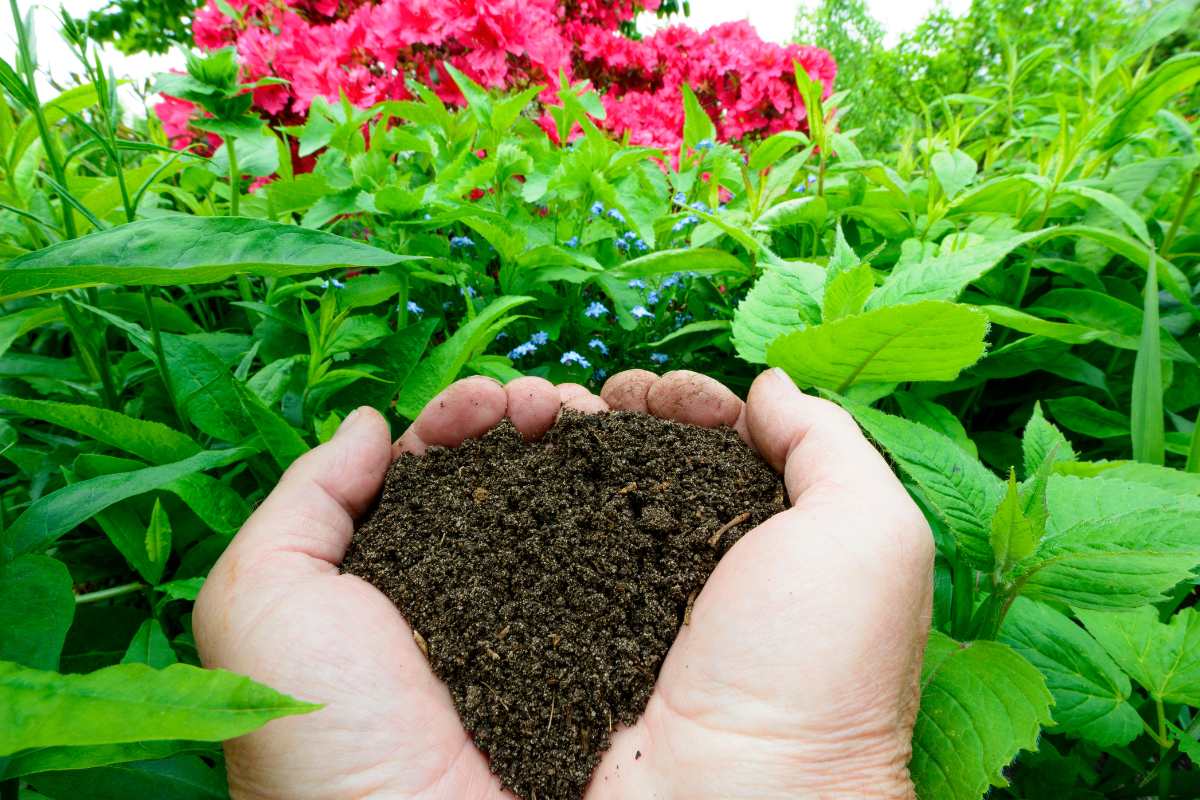
This post may contain affiliate links, which means I can receive a commission from any purchase made from the links. I earn from purchases from Amazon links. See the disclosure policy here.
This post contains tips on finding the best organic compost for vegetable gardens.
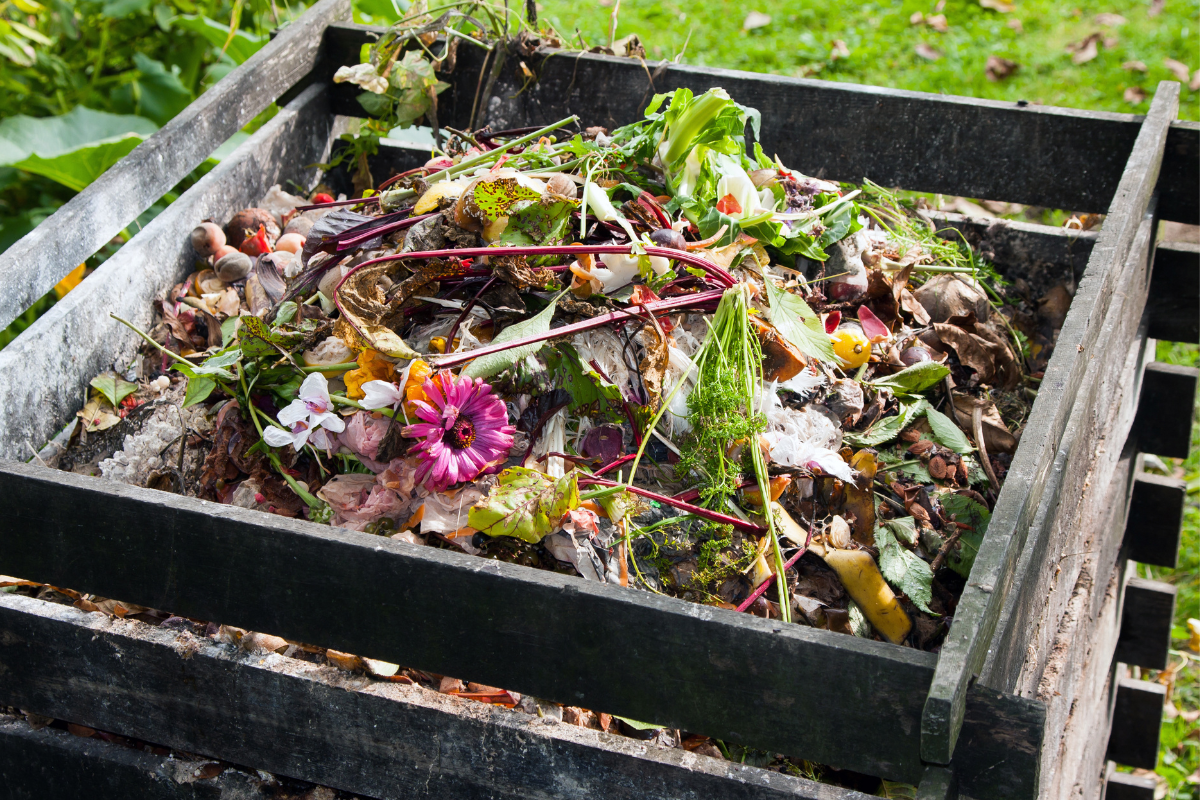
Organic Gold: Unveiling the Best Compost for Vibrant Gardens
Composting is a natural process that turns organic materials into nutrient-rich fertilizers. Creating nutrient-rich soil for your garden doesn’t have to come with a high price tag or an environmental cost.
Composting at home can contribute to a greener planet while providing your plants with the organic matter they need to thrive. Here’s a guide to why organic compost is the gardener’s gold and how to find or make the best organic compost for your vegetable garden.
Organic compost is made from organic material, not synthetic material. The best compost for your vegetable garden is made with various ingredients and has the right mix of carbon and nitrogen.
Composting is easy to do at home, so let’s get started!
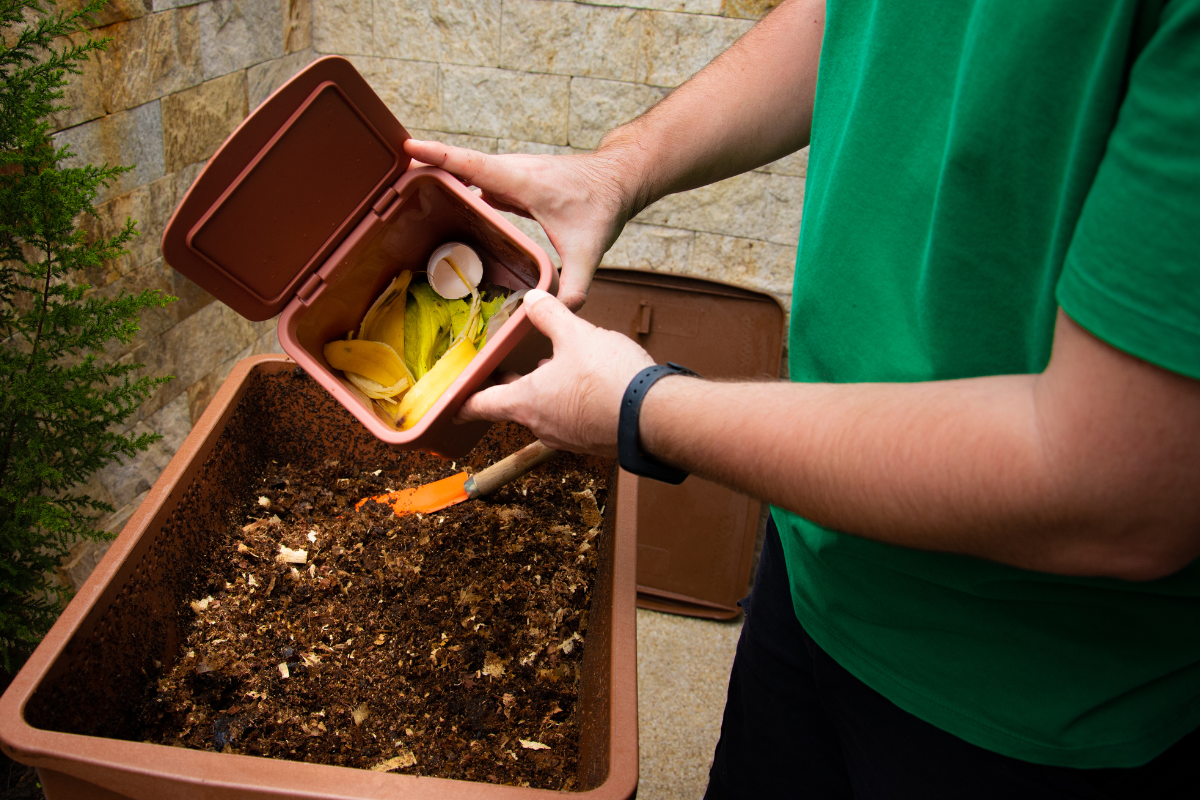
What is Organic Composting?
Compost is the end product of an organic process that converts plant-based materials into a nutrient-rich soil amendment.
Making your compost at home is easy, but many options are available in bags or bins if you
need more time or space for a compost pile.
Composting can be done with any organic material–from leaves and yard waste to food scraps and coffee grounds.
The key is making sure that it’s balanced with nitrogen (N), phosphorus (P), and potassium (K).
If your pile gets too hot or smells bad, it needs more carbon materials like wood shavings. If it doesn’t heat up enough or has no odor, add more nitrogen-rich foods like grass clippings instead!
DIY Compost: The Benefits of Living Organic Compost
Organic compost is decomposed organic matter, an excellent amendment for your soil. It enriches the soil with nutrients, improves soil structure, and enhances water retention.
Organic compost, such as organic manure or mushroom organic compost, introduces beneficial microorganisms that help plants grow healthy and strong.
Composting is the controlled aerobic decomposition of organic materials. This process can be done indoors or outdoors, and it’s a great way to recycle food waste. Nutrient-dense soil is best for fruits and vegetables.
Making your own compost involves putting different types of organic material together in a heap or container and letting nature take its course over time. The process involves bacteria breaking down the matter into usable fertilizer for plants.
For gardeners in a hurry, you can buy bulk organic compost at local landscaping suppliers and nurseries.
Lowes and Home Depot sell organic compost, a great way to add nutrients to garden beds and planters.
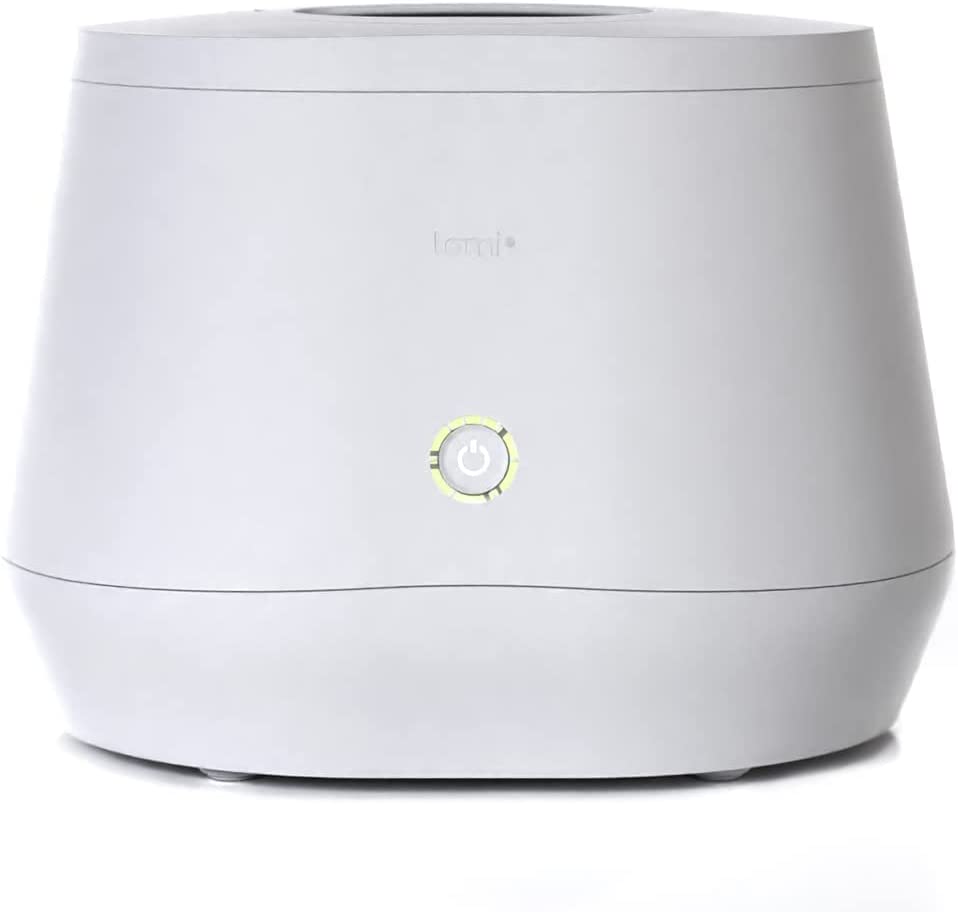
I think it’s ingenious! I’d love to hear what you think. Leave a comment below!
How to Make Your Own Organic Compost
You don’t have to look far to start your compost pile. Here’s what you can do:
- Choose Your Ingredients Wisely: Kitchen waste, such as fruit and vegetable scraps, coffee grounds, and eggshells, and yard waste, such as grass clippings, leaves, and twigs, make excellent fodder for compost.
- Balance Greens and Browns: A good compost pile balances green (nitrogen-rich) and brown (carbon-rich) materials. Too much of one can slow down the composting process.
- Layer and Turn: Build your compost pile in layers, alternating between greens and browns, and turn it every few weeks to aerate and speed up decomposition.
- Patience is Key: Compost can take a few months to a year to mature fully, depending on the conditions.
How Much Compost Do I Need?
When starting a new vegetable garden, it’s important to have enough organic compost to support the plants’ needs.
Organic compost is an excellent fertilizer for growing vegetables and can help provide nutrients otherwise lacking in soil depleted by previous crops.
Using a shovel or tarp to spread the organic material overtop of your garden area will take less time than digging holes into which each plant goes.
A 4×4 garden bed can hold about 32 cubic feet of soil. Mix in about eight cubic feet of compost before spring for nourished soil.
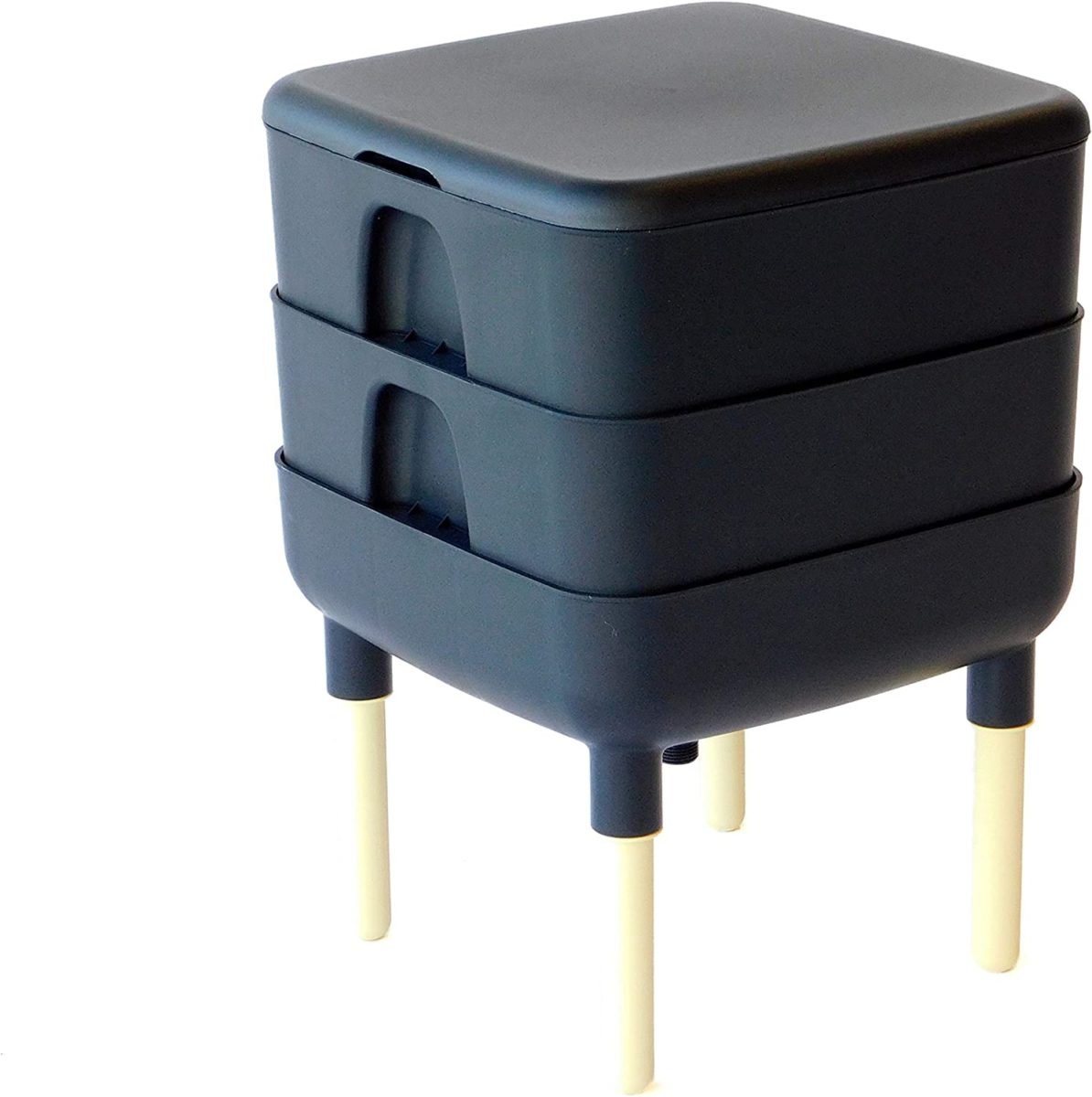
Homemade Organic Compost is the Best Compost for a Vegetable Garden.
Organic compost is the best fertilizer for your vegetable garden. It is made from organic material, such as leaves and food scraps.
Recycling these materials is a great way to create something that helps your plants grow. Compost contains nutrients your plants need, like nitrogen, phosphorus, and potassium.
These nutrients help them get all they need to grow strong roots and healthy leaves.
Compost also helps keep the soil moist and aerated so it doesn’t become too dry or compacted–both conditions can harm plant growth.
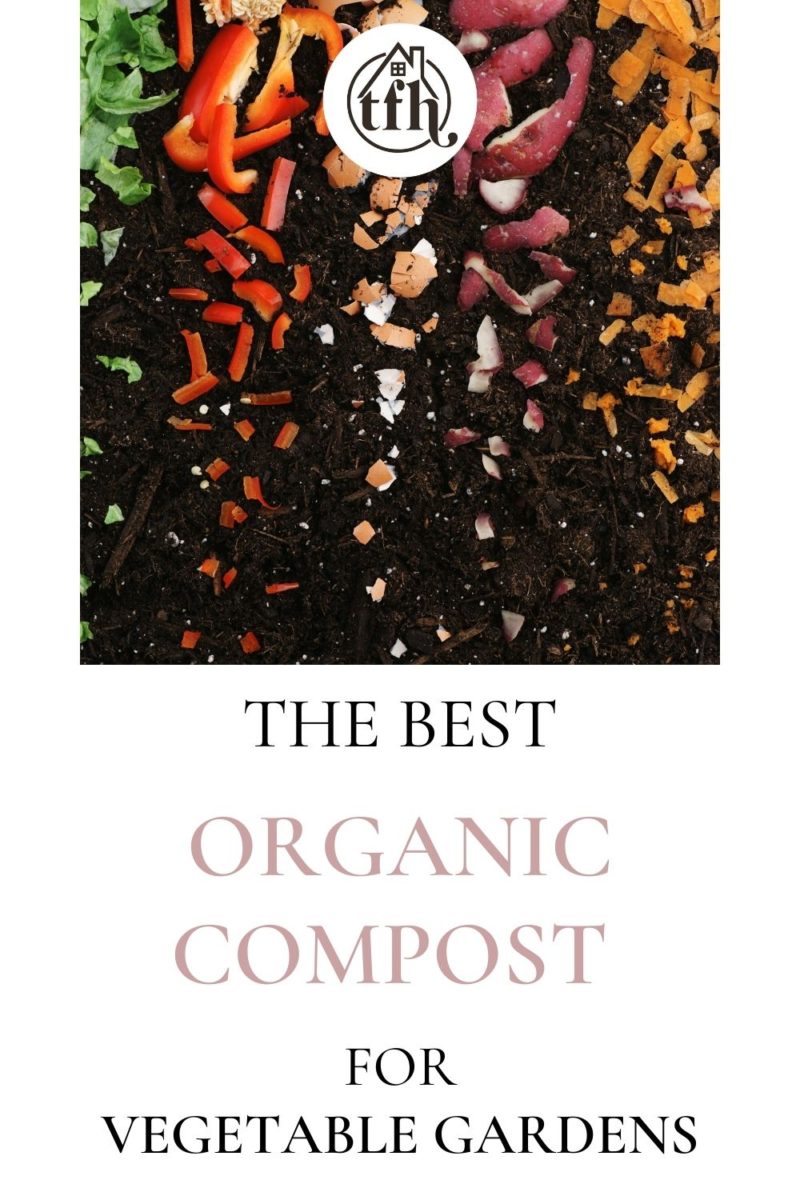
Choosing the Best Organic Compost
For vegetable gardens, the best organic compost should be rich in nutrients and free from any contaminants. Mushroom compost is often recommended due to its high nutrient content and water-retention properties.
However, some plants may not thrive with mushroom compost due to its alkaline nature, so it’s always good to check the needs of your specific plants. You want to ensure that your compost is organic and has no chemicals or additives.
This will help keep pests away from your garden and prevent harmful chemicals from entering the soil, where they can harm roots or other plant parts.
Composting is a great way to eliminate food scraps, yard waste, and other items that would otherwise go into landfills – but only if done properly!
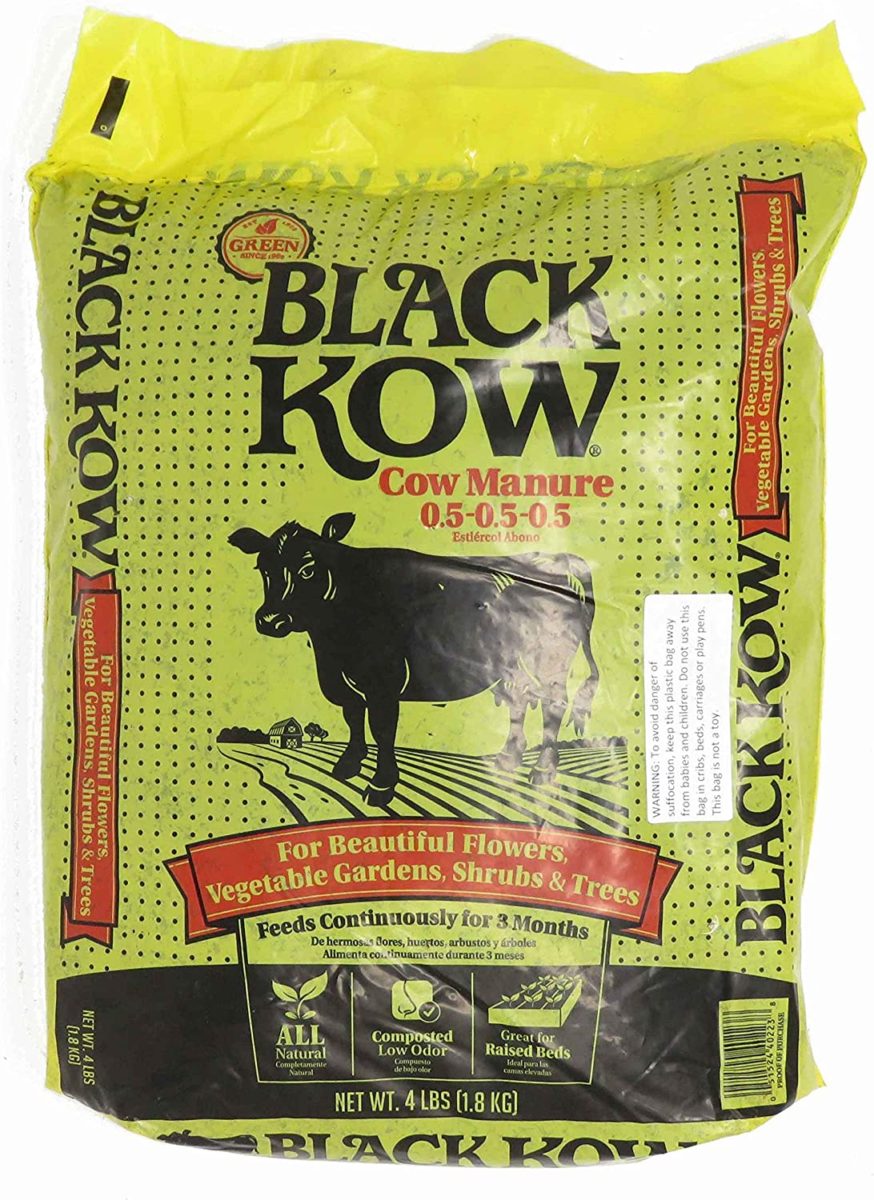
Using Your Organic Compost
When your compost is ready, or once you’ve purchased the best organic compost for your garden, it’s time to put it to good use:
- Prepare Your Beds: Mix compost into your garden beds before planting to enrich the soil.
- Top-Dressing: Spread compost on top of the soil around your plants to protect against drought and disease.
- Compost Tea: You can also brew compost tea, a nutrient-rich liquid used for watering or as a foliar feed. I have made my own using rabbit manure.
Remember, the key to successful composting and gardening is balance. Monitor your plants and adjust your composting habits to suit their needs, and you’ll be rewarded with a bountiful, vibrant garden that’s as healthy as it is beautiful.
This post was about the best organic compost for vegetable gardens.

